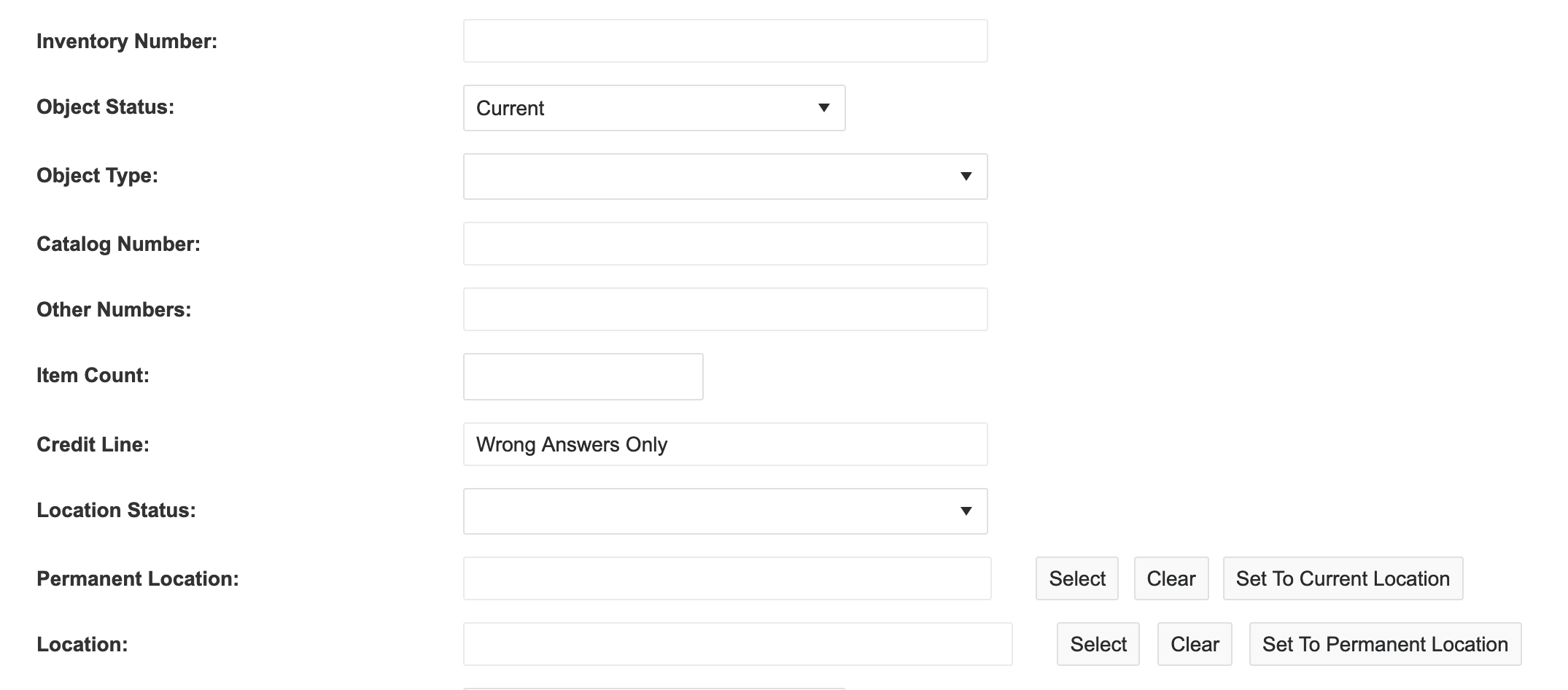Lastly, the biggest reason that sea freight will most likely not have a major impact on emissions in our sector is due to the lack of any real incentives besides “doing the right thing”. It costs about the same. It takes longer. It places more of a burden on staff. Why do it unless you have no other choice? One must have a true incentive, usually financial, to make a big impact.
Let's Talk About FedEx, Baby
Of course, we never want to subject high-value objects to the rigors of apathetic handling by FedEx, DHL, UPS, etc. but we can find ourselves cornered by lack of availability of options due to time sensitivity or geography or any number of reasons that eliminate a traditional art shipper as an option. Galleries and other smaller institutions may also do so for budgetary reasons or, frankly, because it more efficiently gets the job done and distributes its wares to every nook and cranny of the globe.
Data De/Regeneration
If Sea Freight is the Answer, What is the Question?
The logic of the argument focuses on carbon emissions where air freight vastly out-pollutes sea freight. While I fully side with the GCC’s goals and intent, sea freight hardly qualifies as clean as it emits other noxious bi-products including CO2 by fueling the tens of thousands of ocean vessels with fossil fuels.
Tracking Trackers
Though this information creates a glut of value for the user, we should take a moment to consider risks associated with how the attainment of the information affects our institutions.
Network connectivity creates a tiny crack in the foundation as data breaches become a possibility anytime something connects to the internet. Such a fissure – though extremely unlikely – will allow a malicious third party access to the whereabouts of your objects.





